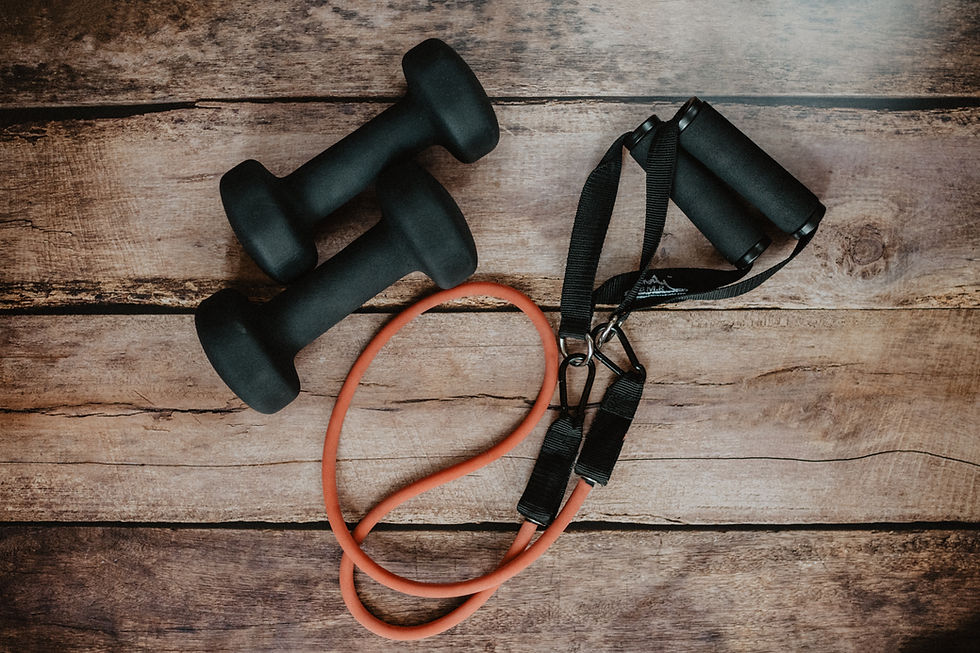Mental Health in the Face of Sports Injuries
- Erica Brown
- Nov 5, 2021
- 2 min read
During varsity lacrosse tryouts in freshman year, I tripped while diving down low for a ground ball and ended up spraining my ankle. Not only was I automatically rejected from the team on account of an injury, but playing for junior varsity would even be a struggle. Just a simple fall on my ankle ruined my entire spring sports season.
As an eight-year lacrosse player and four-year cross country runner, I’ve seen my fair share of shin splints, torn ACLs, and concussions in myself and my teammates throughout high school. When your whole identity rests on being an athlete, the sudden absence of your sport can have a detrimental effect on mental health.
Studies show that sports injuries not only have a physical toll but a mental one. The first thing to do when you get an injury is to speak with your coach. The athlete-coach relationship is fundamental to achieve in high school sports and maintaining that relationship should still be a priority even when you’re injured. They can help you find ways to keep up your fitness level throughout your injury. Biking, core, and even swimming are useful ways to stay active even if you have the kind of injury that permits those activities.
If you start to feel down with the lack of your sport in your life, one thing you could do is to find new passions. Try something like painting, reading, or even coding to keep you engaged after school. You could discover a lifelong passion!
A lot of athletes have conditioned themselves to resist difficult emotions. While this is helpful during a tense altercation with the referee during a game or the feeling of losing a game, when it comes to injuries, facing those emotions is an important step. Talking to a family member is one option. Consider investing in a physical therapist- they can not only help you through your physical battles but your emotional ones.
Lastly, the most important thing to remember is that you can’t ignore these feelings. It’s been shown that the road to healing from an injury requires that an athlete has the proper motivation to get better. Finding resources to help you deal with the emotions of anxiety and depression is fundamental to getting you back to the thing you love most. Use the people around you to remind you of what you’re working for, and you’ll be back on the field, track, or whatever surface you do your sport on soon!
Sources:
infogram.com
https://www.ncbi.nlm.nih.gov/pmc/articles/PMC2267335/




Comments